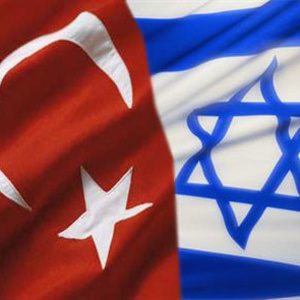Iran’s Ignorance and Turkey’s Nuclear Agenda

Turkey’s undertaking originated not out of love for Iran, but because of Obama’s request. Ankara had expressed its willingness to mediate Iran’s nuclear dossier one year ago, albeit tacitly so as not to trigger defensiveness in the Iranian leadership.
Ankara’s approach and its quest to become a regional power provided it with an opportunity to facilitate engagement with Iran’s nuclear affairs. Turkey’s involvement in Iran’s nuclear saga was deemed a positive measure, a “good neighbor” gesture, by Iranians. Wrong. Even the most casual observers could see that Turkey intended to serve its own national interests and was fulfilling a role the West had assigned it.
Ankara’s engagement has actually crowded the nuclear negotiating table and there is a major difference between the new actor and others already sitting at the table—it is neither a key actor nor an independent one. Although Turkey is Iran’s immediate neighbor, Ankara’s participation can now turn into a new lever against our country.
If the Turks, as they have confessed, entered the negotiations over Iran’s nuclear program with Washington’s permission –and as the appraisal of their role in the recent G20 summit has proved- there remains no doubt that they are supposed to function as a pressure agent against Iran in any future negotiations.
Recent remarks by the spokesman of Turkey’s Foreign Ministry—a tacit criticism of Ahmadinejad’s decision to postpone talks with the Five plus One until August—and his emphasis on the necessity of further transparency by Iranians- heralds this policy.
Overall, it is clear that the nuclear program has added a new element to Tehran-Ankara ties that can be used by Turkish politicians to justify their position to the public in the eventuality of a likely siding with Washington.
And within Turkey’s future nuclear agenda, pressure on Iran will be concentrated on suspension or the abandonment of nuclear enrichment, a point Tehran seems to have entirely missed.

